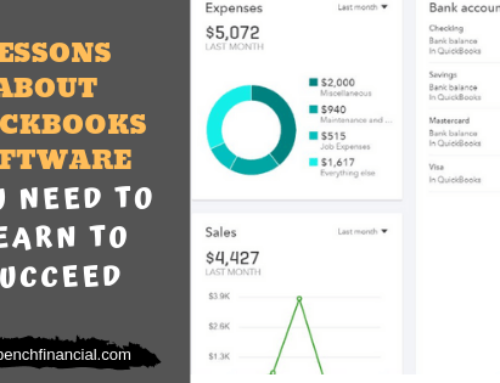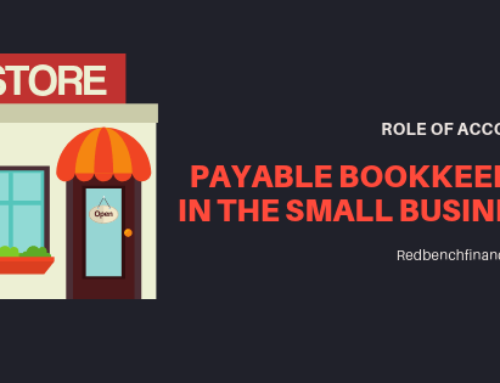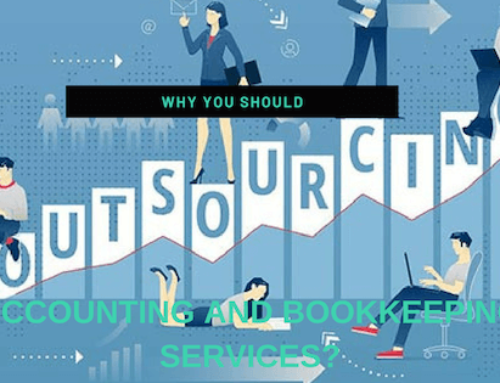What Is The Best Type Of Business Loan Is Right For Your Small Business?
Not all business loans are created equal. These tips can help you determine what type of loan you need to be looking for, and how to get it.
1. Figure out what you can afford.
It can be easy to get caught up in the excitement of a growing business. But before you get too overzealous, it’s important to remain realistic. Don’t just ask for the amount of money you want or need. When a lender asks you how much you’re looking to borrow, be honest with yourself: What can you afford?
Determine how much debt your business can afford to take on by calculating your debt-service coverage ratio (DSCR). This ratio calculates the amount of cash a business has available for servicing its debt, including making payments on principal, interest and more. In other words, it will tell you and your lenders whether or not you’ll be able to pay back the proposed loan.
There are multiple ways to calculate your company’s DSCR and can vary from lender to lender, but the two most common ways of calculating this are:
Annual Net Operating Income + Depreciation and Other Non-Cash Charges /
Interest + Current Maturities of Long-Term Debt
Or
EBITDA (Earnings Before Interest, Taxes, Depreciation & Amortization) /
Interest + Current Maturities of Long-Term Debt
On top of calculating your DSCR, try running a loan-performance analysis to see how this small-business loan will financially impact your business. It is always best to take on debt when you know it will help you grow your revenue.
2. Analyze your credit score.
Another way you can narrow down your options and find the right loan for your business is by analyzing your credit score. It might surprise you that a lender may look into your personal credit as well as your business credit, but from their point of view, they’re handing you—the owner—the cash and they want to make sure you’re responsible with your money.
Not all lenders look at your credit score when determining your eligibility, but most do—and they typically have minimum credit requirements. If you know where you land on the spectrum, it can help you rule out lenders whose standards you don’t meet.
If your credit score is on the low end, consider taking steps to improve it before applying for your loan. The savings you could obtain by qualifying for a small-business loan with a lower interest rate may be worth the wait while you go about fixing your credit.
3. Determine your needs.
Now that you have a better idea of what you can afford and what you qualify for, it’s time to determine what your needs are and what factors you should take into consideration.
Would you prefer receiving a lump sum of cash for a few specific purchases, or do you need the spending flexibility a business line of credit offers? Do you need money quickly or sometime down the line? These are all questions you should ask yourself when it comes to narrowing down your loan options.
Another way to reduce your options is by considering how you’d like to repay your loan. Depending on your business model, you may prefer having fixed monthly payments that stretch out for years, as with a traditional loan. Or, you may want to move the debt off your books quickly, so you may consider short-term loans which are generally repaid in three to 18 months with daily payments.
4. After you’ve narrowed down your options, compare.
Compare the costs of your final few options side by side to see what each loan will cost you overall. The easiest way to do this is by calculating the Annual Percentage Rate (APR) of each. The APR will include the interest rate and any other fees attached to the loan, so you’ll know what each one will cost you over the course of a year.
All in, the best metric you can reference to define the right product for you is price. You want to ensure your business is choosing the lowest loan it can qualify for. Don’t settle for snazzy offers you see in the mail. Do your research and consider following these steps, allowing you to make the wisest and most affordable investment in your business.
From American Express Open Forum
Contact us for more information: https://www.redbenchfinancial.com/contact-us/








